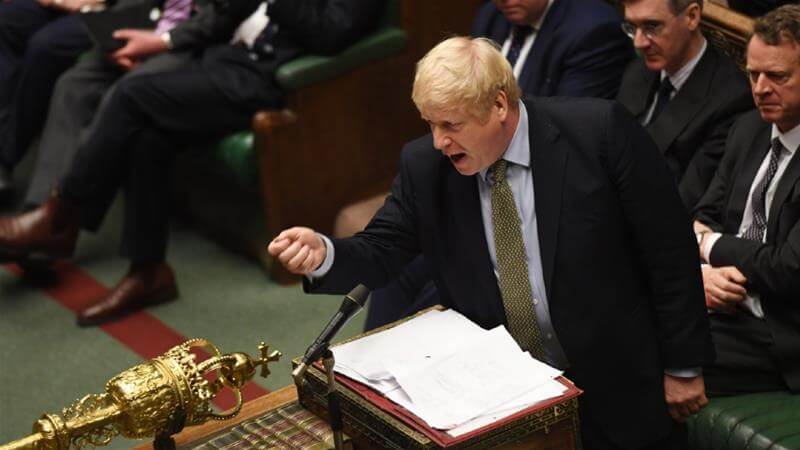The House of Commons finally passed the Withdrawal Agreement Bill, approving the country’s exit from the European Union on January 31, 2020. Finalising Brexit was one of the key promises made by Boris Johnson during his election campaign, and after the Conservatives' massive victory in the recent elections, the Brexit announcement comes as no shock.
Despite opposition from smaller parties, this Bill was passed without any amendments. Opposition MPs pushed for an amendment relating to the issue of child refugees in the UK. They suggested permitting unaccompanied child refugees to be reunited with their families in the UK, even after Brexit. However, this was rejected stating that this matter was solely relevant to the debate on the new immigration laws.
Ian Blackford, the Scottish National Party’s Westminster leader, called the passing of the bill a “constitutional crisis”. Alistair Carmichael, the Brexit spokesperson for the Liberal Democrats, said that the party continues to oppose the Bill. He also said that the bill will "slash the rights of future generations to live and work across 27 other countries " and roll-back "guaranteed environmental protections" despite the ongoing "climate emergency".
The Bill is still subject to be brought before the House of Lords. However, the House of Lords can merely delay the Bill, not overturn the decision altogether. Further, what follows this is the transition period wherein Britain and the EU will negotiate the details guiding future relations between the two parties, including issues like trade, security and aviation.
The European Union’s chief Brexit negotiator, Michel Barnier expressed her concern with the 11-month deadline for negotiations and called for an extension of the transition period to 2020. While she communicated her determination to work towards finalising the deal within the transition period, she believes that certain issues could cause hinder the process. The EU is also concerned about granting the UK unlimited market access to the EU owing to the possibility of violation of dumping laws by the UK.
The possibility of a ‘no-deal’ Brexit is alarming for British businesses and the EU at large. While the Conservatives celebrate the approval of the Withdrawal Bill, their biggest challenge, finalising Brexit with the EU, is yet to come.
Image Source: Al Jazeera

